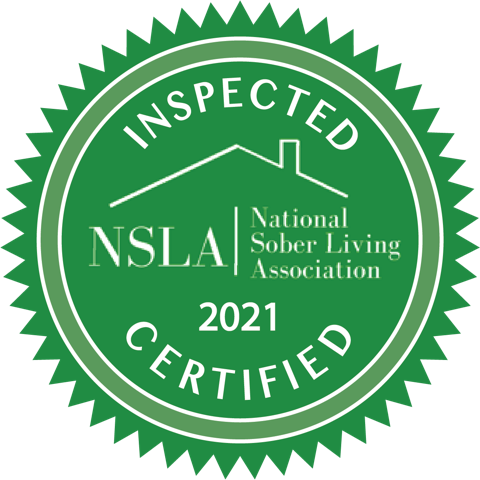From road rage to domestic violence to fighting on social media, sometimes it seems that anger rules the world. One small way anyone can help is to avoid being part of the problem—but that’s often easier said than done when your buttons are being pushed. And for those in recovery from substance use disorder, there’s the additional stress of temptation to return to the old, toxic coping mechanism.
Anger and Addiction
Anger-addiction combinations are unfortunately both common and complex: while existing anger can be intensified by inhibition-lowering drugs, drugs may also be taken for the purpose of “getting rid of” the anger. When high-intensity emotions become too painful to live with, numbing them can seem like an easy alternative to fighting an unwinnable battle or risking the consequences of making a scene. This is especially true if the anger is rooted in toxic perfectionism or when someone is ashamed of feeling angry at all.
If you’ve had professional treatment for addiction, the program probably included counseling on recognizing and acknowledging strong emotions—not to judge them, but to effectively manage them. When understood properly, anger-generating energy can be rechanneled to positive purposes.
H.A.L.T.
First, though, you have to learn how to calm down when angry and clear your head for seeing things in perspective. Anger vented according to first impulse rarely does anyone any good.
The popular HALT concept is useful here: first, “halt” where you are, take slow and deep breaths, consciously relax your muscles. If you still feel like exploding, excuse yourself for a “time-out.” Get outside for a brisk walk if you can. Once calm enough to think, consider the H.A.L.T. acronym:
Hungry
Angry
Lonely
Tired
Are you feeling unreasonably angry because you’re Hungry, Lonely or Tired: do you need a healthy snack, a nap or someone to talk to? Or is your anger at the current situation fueled by a broader Anger at some real or imagined unfairness—in which case it might help to journal about it, call your therapist or recite a few empowering affirmations? Taking action to remedy a H.A.L.T. situation may be all you need to calm down.
Here are a few additional tips for calming down when you’re angry.
- Avoid insulting or accusing others: focus on how you feel. If you attack, the other party will instinctively counterattack, and things will end with both of you angrier than ever.
- Search for solutions rather than dwelling on problems.
- If you can’t reach immediate resolution, don’t stew about it or complain to someone else in the hope of getting them “on your side.” Get your mind off the situation by finding something productive to do.
Avoiding Anger Altogether
Of course, the best way to calm anger is to keep it from arising in the first place. Not by suppressing or denying it—as already noted, that ultimately makes things worse—but by keeping H.A.L.T. generators out of your life, working on personal goals and nurturing your self-confidence. If you practice these skills regularly, you’ll be too busy (and positively oriented) to let anger or relapse get a foothold.
A Community That Understands
If you have an addiction—perhaps combined with other forms of mental illness—it can be frustrating to live surrounded by “normal” people who blame you for being “unreasonable,” or who don’t understand why you can’t just “snap out of it.” Even if you haven’t actually had a drink in months, your ongoing struggles are real, and being regularly misunderstood can leave you feeling mad at the world. Find a refuge in our Still Waters community of people who do understand, peers who have also battled the addiction demon. We provide the ideal balance of fellowship, coaching and recovery-skills development. Contact us to learn more.





